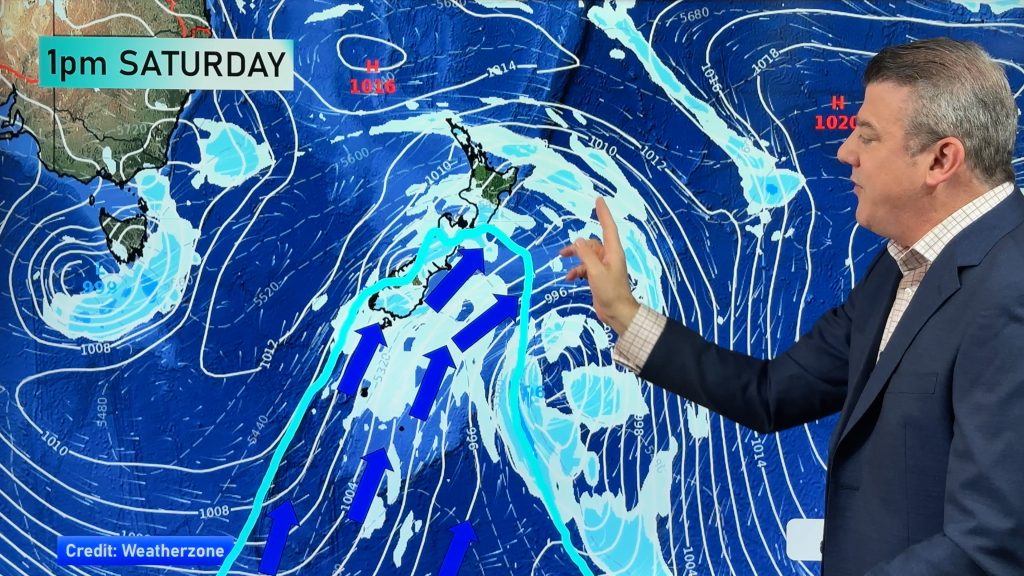
> From the WeatherWatch archives
Apparently last summer, the ice melt in Antartica was at a 30 year low…
Where are the headlines? Where are the press releases? Where is all the attention?
The ice melt across during the Antarctic summer (October-January) of 2008-2009 was the lowest ever recorded in the satellite history.
Such was the finding reported 3 weeks ago by Marco Tedesco and Andrew Monaghan in the journal Geophysical Research Letters:
A 30-year minimum Antarctic snowmelt record occurred during austral summer 2008–2009 according to spaceborne microwave observations for 1980–2009. Strong positive phases of both the El-Niño Southern Oscillation (ENSO) and the Southern Hemisphere Annular Mode (SAM) were recorded during the months leading up to and including the 2008–2009 melt season.

Figure 1. Standardized values of the Antarctic snow melt index (October-January) from 1980-2009 (adapted from Tedesco and Monaghan, 2009).
The silence surrounding this publication was deafening.
It would seem that with oft-stoked fears of a disastrous sea level rise coming this century any news that perhaps some signs may not be pointing to its imminent arrival would be greeted by a huge sigh of relief from all inhabitants of earth (not only the low-lying ones, but also the high-living ones, respectively under threat from rising seas or rising energy costs).
But not a peep.
But such is not always the case—or rather, such is not ever the case when ice melt is pushing the other end of the record scale.
SOURCE: World Climate report
Comments
Before you add a new comment, take note this story was published on 2 Nov 2009.






Add new comment
Moirai Artists on 2/11/2009 9:24pm
Regarding the mentioned reference. We must look into the research findings in a wider context. The authors Monahan and Tedesco have since been quoted:
“The ozone hole is projected to recover significantly during the next 25 ‚Äì 50 years due to the Montreal Protocol, which limits ozone-depleting substances used in industrial and household applications. As the ozone hole ‚Äòheals‚Äô, the increasing summer SAM trends are projected to subside. As this happens, it is likely that summer temperature increases over Antarctica will become stronger and more widespread because the warming effect from greenhouse gas increases will no longer be kept in check by the dynamic
cooling impact of the SAM.
Therefore, the linkage between the SAM and snowmelt leads to our key conclusion: that enhanced snowmelt is likely in Antarctica as the SAM trends subside during the 21st century and summer temperatures become warmer. Our results agree with studies that have noted cooling and/or slower warming during the past three decades due to increasing SAM trends over the same period. Additionally, our conclusions do not contradict findings showing strong regional warming on the Antarctic Peninsula and in West Antarctica for the past 50 years, and warming over the entire continent for the past century”.
Note their predictions for longer term, even though the recent reduced melt has occurred (in Summer months)…we must consider how much snow has formed in Winter and spring! Climate changes are happening and global warming hypothesis is not to be discounted! Weather watch should keep a balanced view and not ignore the growing scientific evidence.
Reply
Turkey on 2/11/2009 5:38pm
Something has gone badly wrong with science when:
– A small part of the Antarctica (the Palmer peninsular) loses ice, and this is made much of.
– The continent as a whole gains ice for more than a decade and its a ‘deafening silence’.
Sadly, Anthropomorphic Global Warming has become a religion. Any ‘scientist’ who publishes evidence to the contrary is labelled a heretic and damages their funding. So those in positions of power keep quiet and continue to feed at the public trough.
This is not science as we used to know it. Newton and Einstein must be turning in their graves.
Of course I’m only a Turkey, what would I know…
Reply
Alan on 2/11/2009 12:32pm
I would say this points towards a non event for GLOBAL WARMING. What has Al Gore to say? Carbon credits etc. Big money spinners don’t want a bar of this.
Reply